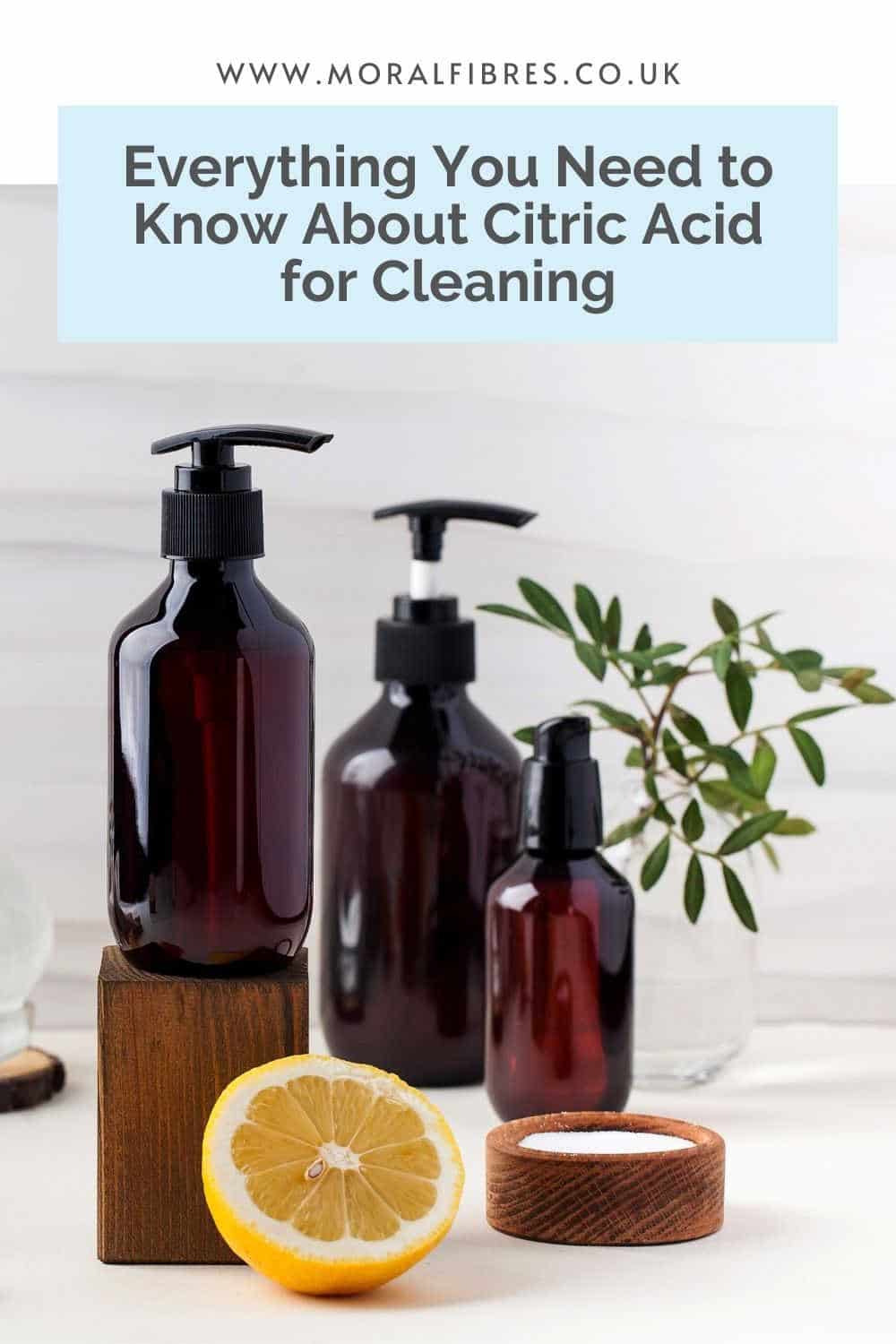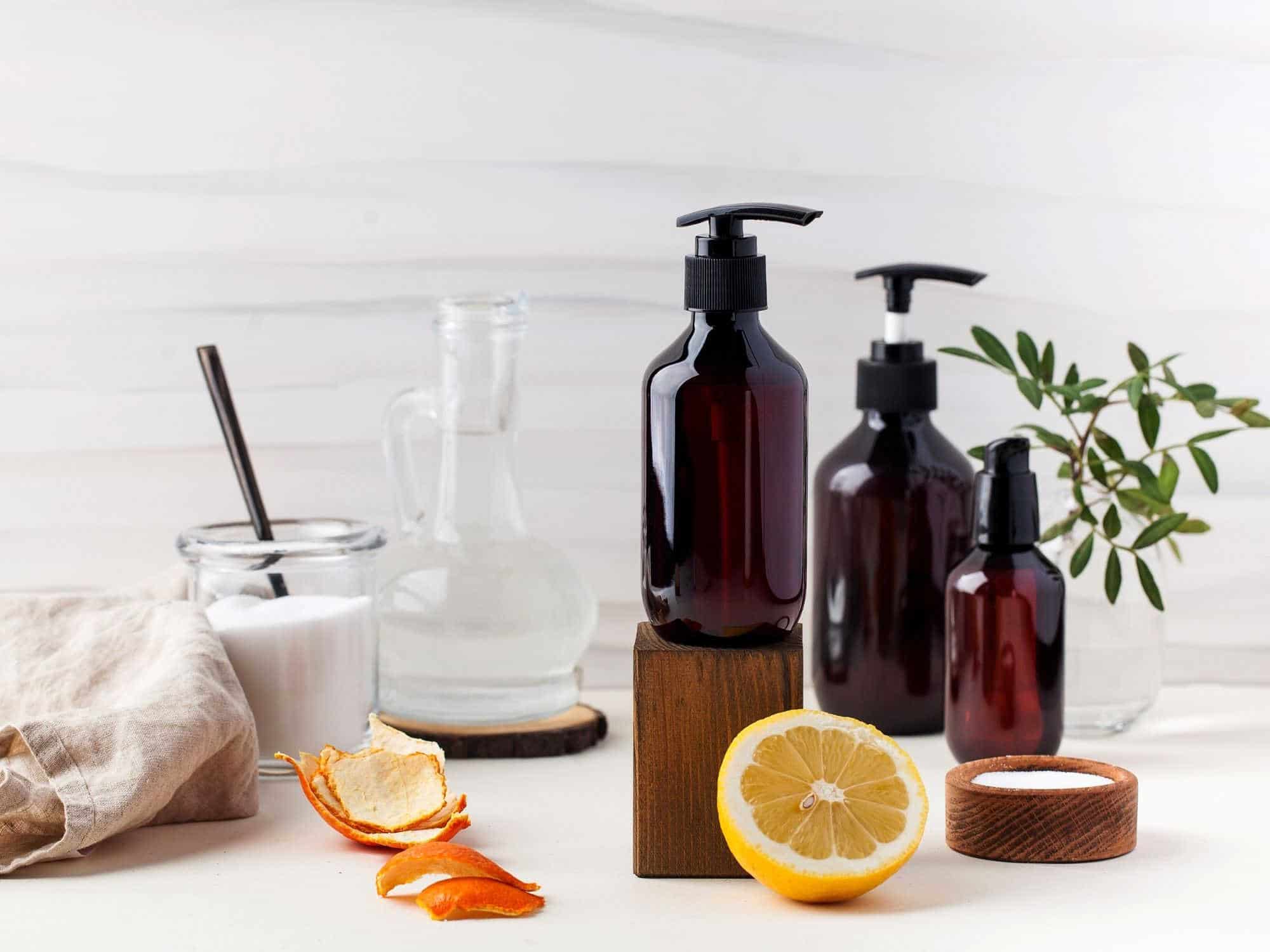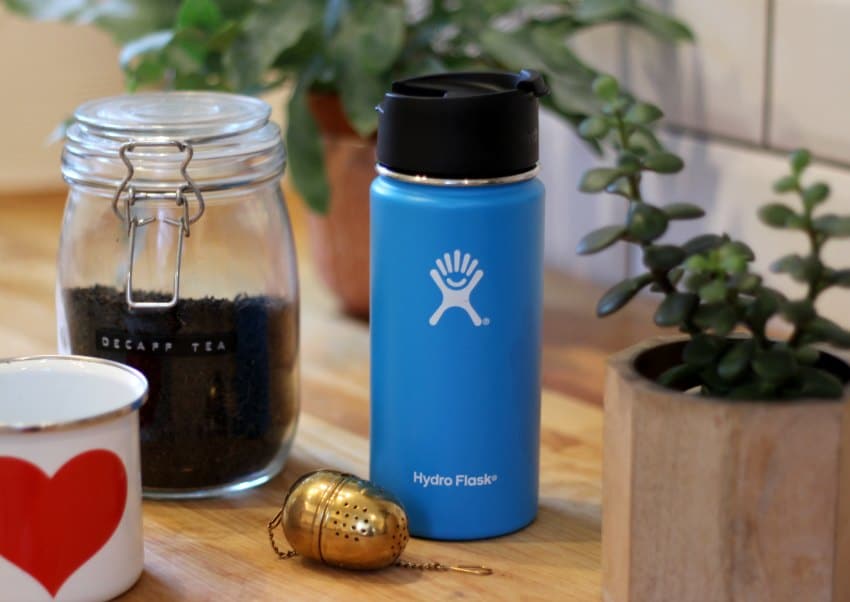Cleaning With Citric Acid – Your Ultimate Guide
To support the running costs of Moral Fibres, this post may contain affiliate links. This means Moral Fibres may earn a small commission, at no extra cost to readers, on items purchased through these links.
Are you looking to start using citric acid in your green cleaning routine? Here is everything you need to know about natural cleaning with citric acid. From what you can clean to what not to clean, where to buy citric acid, the safety concerns you need to consider, and more.
Citric acid is a brilliant natural cleaning ingredient. I myself use it in heaps of natural cleaning applications. However, I get lots of questions about how to use citric acid. I also get questions about its safety – both in terms of people and the planet.
To help you out, today, let me answer all of your queries on citric acid so you can clean with confidence. Let’s crack on with the questions!
Cleaning with Citric Acid – All You Need to Know

What Is Citric Acid?
First off, let’s cover the basics. It’s important to know what citric acid is so you can decide if you want to use it in your home.
Citric acid is a naturally occurring acid that is found in a variety of fruits and vegetables.
As you would imagine from its name, citric acid is particularly found in lemons and limes. However, to help meet increasing demand, most citric acid is now synthesised from fungus.
As citric acid comes in powder form, you would be hard-pressed to distinguish between citric acid made from fruit or fungus though. Both look and perform exactly the same.
You might be worried about the use of acid in its name. However, far from being a strong acid, citric acid is a weak acid. Its pH level sits somewhere between 3 and 6 – with 0 on the pH scale being very strong and 7 being very weak. This middling pH level makes it ideal for a variety of natural cleaning applications.
As well as in natural cleaning, citric acid is also commonly used in the food industry.
It’s often used as a food additive to add natural flavouring and as a preservative to help increase the shelf life of pre-packaged foods. It’s also a common ingredient in both beer brewing and winemaking, to help create specific flavours.
You can also find citric acid in many cosmetic and personal care products. This includes bathing products, where citric acid helps create the fizz associated with bath bombs.
It’s also present in standard cleaning products and medical products. In short, you can find citric acid almost everywhere!
Is It Environmentally Friendly?
Citric acid is considered an environmentally friendly cleaning ingredient. It’s food-safe, easily biodegradable, vegan-friendly and a renewable product – easily made from fruit or fungus. And it won’t harm your septic tank if you have one.
In short, it’s a great choice over conventional cleaning products which can contain toxic ingredients.
What Can You Clean With Citric Acid?
Citric acid has incredibly effective descaling properties. It’s incredibly effective at cleaning your toilet, as well as descaling your kettle, dishwasher and washing machine.
I would definitely recommend this cheap natural option every time over any pricey and chemically dubious descaling solutions you can buy.
You can also make a powerful cleaning spray that is brilliant at tackling soap scum and water deposits. I use this particular cleaning spray in my bathroom to leave my shower screen and taps looking shiny and spotless.
Citric acid also has de-greasing, anti-fungal, and anti-bacterial properties, making it ideal for cleaning both your kitchen and bathroom.
However, as citric acid is chiefly used as a cleaning product, rather than as a disinfectant, I’d exercise caution when cleaning surfaces where raw meat has been prepared. In this instance, I’d say that citric acid is best used in tandem with something antibacterial to guarantee all germs are killed.
Personally, I would clean a chopping board with a citric acid spray, and then use something specifically anti-bacterial to finish off. I like using these plastic-free refill anti-bacterial sachets for no-fuss zero-waste germ-killing.
What Shouldn’t You Clean With Citric Acid?
Whilst citric acid is a bit of a natural cleaning wonder there are some things that should never be cleaned using it.
Citric acid can etch stone, granite, marble, and quartz surfaces so it should never be used to clean natural stone surfaces.
Citric acid also isn’t a friend of coated wood. If your floors or furniture have been treated with a wax sealant then keep citric acid away from them. This is because citric acid can degrade the wax sealant, leaving a cloudy appearance on your lovely wood.
I also wouldn’t recommend using citric acid in your laundry – for example as an alternative fabric conditioner. It can sometimes have a bleaching effect on coloured or dark clothing, and prolonged use may cause fading. I’d recommend using this fabric conditioner recipe instead which is gentler on your clothes.
And finally, don’t use citric acid on the screens of your electronic devices. Always use a specialist cleaner on these types of screens.
Where to Buy Citric Acid
Citric acid can be bought easily in homebrew shops, Asian supermarkets, and some hardware stores.
Online it can be picked up cheaply and easily. Ethical Superstore, for example, sells a 250-gram box of citric acid for £2.29. You don’t need any particular brand of citric acid for cleaning.
If you are looking for larger pack sizes, then I’ve put together a separate guide on where to buy citric acid for cleaning.
If you are looking to buy citric acid for both cleaning and food purposes, I’d recommend buying your citric acid from a homebrew shop or an Asian supermarket. Citric acid made specifically for cleaning has the same composition but won’t have been made on a food-safe production line.
Can You Mix Citric Acid and Vinegar?

If you have read my post on cleaning with white vinegar, you’ll know that vinegar doesn’t mix well with many other cleaning products and natural cleaning ingredients. This includes bicarbonate of soda (also known as baking soda).
This is because bicarbonate of soda is a base, and vinegar is an acid – acetic acid to be specific. Bases react with acids to neutralise the acid, leaving you with weak salty water that is not good for cleaning with.
This may make you question whether you can mix citric acid and vinegar together.
The good news is that you can mix the two together. As citric acid, is, as the name suggests, an acid then mixing it with vinegar is simply mixing two acids together. Generally, there is no reaction when you mix an acid and an acid. This means that nothing happens when you mix citric acid with vinegar.
However, in most cases, there is no need to mix the two ingredients together. Citric acid is more than effective in dealing with limescale on its own, whilst vinegar has its own cleaning merits.
The Safety Concerns to Consider
Whilst citric acid is a common natural cleaning ingredient, it is important to bear in mind that citric acid is still a chemical. One that can cause damage and irritation if handled incorrectly.
Breathing in citric acid can cause upper respiratory symptoms. These include a sore throat, a cough, and/or shortness of breath. To help prevent any respiratory upset, I find it best to measure out the citric acid powder I require in a room with a window open.
Citric acid can also irritate your eyes. If you get citric acid in your eye, it can cause irritation, runny eyes, redness, and swelling. As such, you should take care not to spill the powder, or rub your eyes before washing your hands.
Prolonged contact with the skin can also cause irritation, redness, and swelling. I would wear rubber gloves if you are using a lot of citric acid-based cleaning products, or if you have particularly sensitive skin.
Citric acid should also be kept away from children and pets. Whilst citric acid is found in food items in a small quantity as a preservative, if large amounts of citric acid are ingested then it could cause nausea, vomiting, and diarrhoea.
And, as with any cleaning product, homemade or otherwise, always keep both the citric acid and any homemade cleaning products, away from curious pets and/or children.
The safety concerns do sound a little scary. However many conventional cleaning products carry the same warnings. I think with some general common sense, citric acid poses no more risk than using any conventional cleaning products.
Got any more questions? I’m always happy to help answer them – so do ask away!
Found this post useful? Please consider buying me a virtual coffee to help support the site’s running costs.




